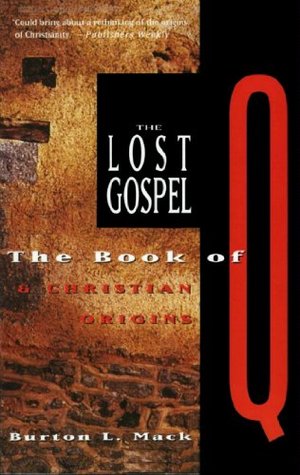Kindle Notes & Highlights
Read between
June 25 - July 5, 2025
Uprooted cultural traditions collided in cities that filled with displaced populations. How to get along with each other in an ad hoc world was the critical question. Thus the times were right for thinking new thoughts about traditional values and for experimenting with free association across ethnic and cultural boundaries.
This is happening today with massive imigration in the western world. Christian - Islamic - Jewish - Left - Atheism. conflict is inevitable.
Thus we are coming to understand that the Greco-Roman age was experienced as an erosion of illustrious traditions and as a fragmentation of societies whose loss was keenly felt by all the peoples of the eastern Mediterranean lands. Foreign governance within a people’s home country, and the widespread displacement of people from their native lands, left many traditional social and religious functions unattended. People were left to their own devices, whether at home in an alien environment or living abroad in ghetto-like clusters throughout the empires.
The blocks of material in Q1 build upon this aphoristic core by adding arguments to confirm its insights and by developing rules for living creatively in the light of its critical assessment of the everyday world.
We are doing something similar today in dealing with the collapse of the western world. Dealing with the insanity of feminist lies and hatred, racism against whites, massive imigration initiatives of the elite, attempts to create a one world government .
an association of like-minded persons began to form.
This is an important general idea. Mind as a determining factor in the evolution of life. Like-minded people congregate, reproduce and compete against other like minded groups. What is mind, consciousness? Some scientists claim that consciousness preceeded life. Are we the vehicles through which universe consciousness works out its future its self.
Highly metaphoric and largely enigmatic, the teachings of Jesus to his disciples tell them that true knowledge is self-knowledge, and that true self-knowledge is a state of being untouched by the world of human affairs, a state of being in touch with a noetic world of divine light and stability.
later we see the Gothic Christ appear, and then the Christ of the crucifix, the man of Galilee, the cosmic Christ, the feminine Christ, and so on. In every case, the rearrangements were necessary in order to adjust the mythic world to new social constraints and cultural systems of knowledge.
When a social history introduces changes in the structure of a society and its patterns of activity, the function of a myth is challenged because it no longer depicts how the present state of affairs came to be. Such a challenge demands that both the myth and the new social configuration be rethought.
There is no indication that any of the Jesus movements were interested in salvation by personal, spiritual transformation on the model of the Christ event.
The appeal of a savior implies a pre existing identity as fallen and corrupt, and thus in need of saving. We all lie at some point so it is not a stretch.
The Christian myth can be studied as any other myth is studied. It can be evaluated for its proposal of ways to solve social problems, construct sane societies, and symbolize human values. The gospel can be discussed as an enculturating mythology, and the question of its influence in American culture can be pursued without the constant interruption of questions and claims about the historical truth of unique events.
This can best be done by first assessing the current set of Atheist myths that spring from the assumption that scientific theories are absolute truths when in fact they are models of reality. We have new unrecognized myths, like the Big Bang, Particle theories, the nature of light and energy. We pretend to understand these thaings because we have predictive models to represent them. They are mythological entities.
We need to build a new story that is consistent with our modern understanding of Reality/God
we have not been able to imagine a social system capable of adequate constraints on the abuse of power, much less a society in which the exercise of power is rewarded for its programs in support of human well-being.
"We" implies a higher authority exactly on the lines of the savior that the author criticizes, except in the plural. Who but God do you imagine has the perspective and authority to judge what is "in support of human well being?" A savior no doubt. And so the author appeals to Christian mythology in order to revamp Christian mythology. A bit circular dont you think.
Better to build a new guiding story from scratch.


